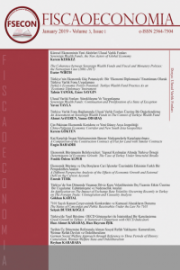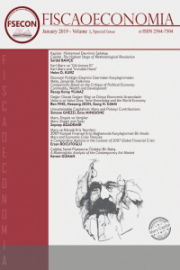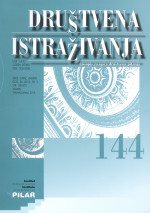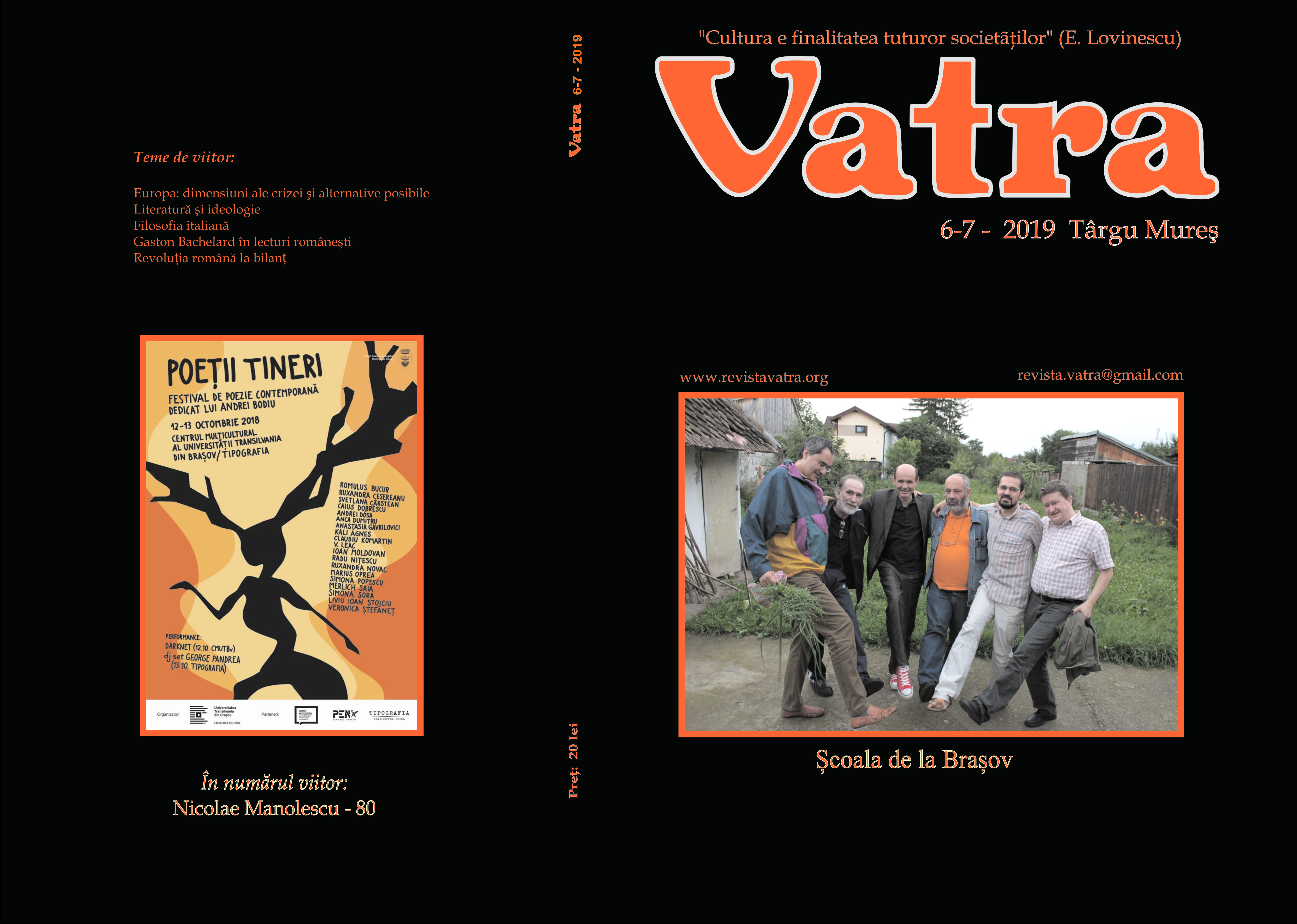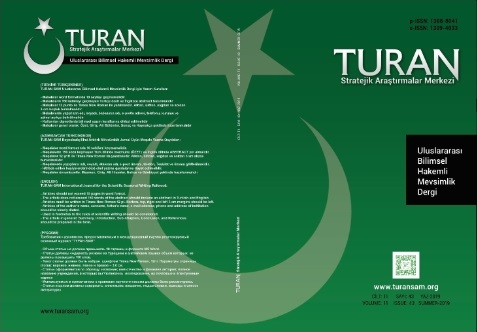Knowledge, Research, Development and Innovations
An OECD document has defined knowledge-based economies as new systems directly based on the production, distribution and application of knowledge and information. However, the role of knowledge has always been important. Since the earliest analysis of modern economic growth, knowledge and technology have been recognised as factors of key importance. The notion that information and knowledge are of central importance both in the process of production, as well as an essential part or the final commodity produced, is uncontroversial and it always has had some weight. Knowledge was needed to make a spear, as well as to make a microchip. What have changed, apparently, are the quantity, the quality, and the density of knowledge and information, the speed in which they circulate and change, the proportion of them which is embodied in the final product.
More...





